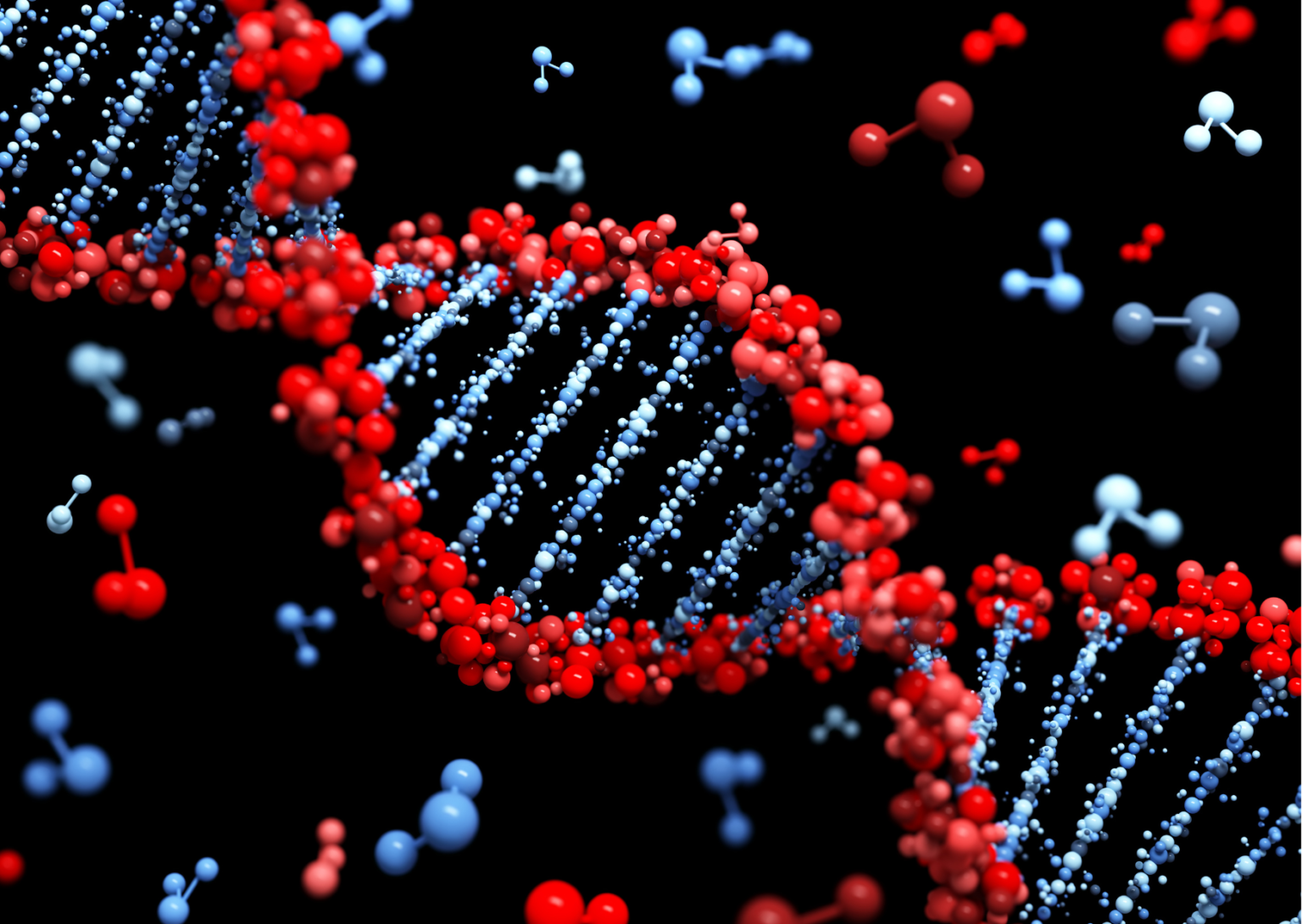New Delhi, Feb 21.
Children are entitled to right to privacy and bodily integrity and DNA tests cannot be ordered routinely by courts, especially to prove infidelity charges against the wife, the Supreme Court has said in a ruling delivered on Monday.
“… children have the right not to have their legitimacy questioned frivolously before a court of law. This is an essential attribute of the right to privacy.
“… children are not to be regarded like material objects, and be subjected to forensic, DNA testing, particularly when they are not parties to the divorce proceeding. It is imperative that children do not become the focal point of the battle between spouses,” the court said.
A child’s right to privacy extends to physical and psychological integrity, it said. The bench comprised Justices V. Ramasubramanian and B.V. Nagarathna.
No routine DNA tests whether case relates to paternity or infidelity
Routinely ordering DNA tests, particularly in cases where the issue of paternity is incidental to the controversy at hand, could, in some cases contribute to a child suffering an identity crisis.
Some children born during the subsistence of a marriage may have been conceived through processes involving sperm donation, such as intrauterine insemination (IUI), in-vitro fertilisation (IVF). In such cases, a DNA test of the child, could lead to misleading results, the court said.
The results may also cause a child to develop a sense of mistrust towards the parents, and frustration owing to the inability to search for their biological fathers. Further, a child’s quest to locate its biological father may compete with the right to anonymity of the sperm donor.
Parent within right to refuse to subject child to a DNA test, not reveal mode of conception
Having regard to such factors, a parent may, in the best interests of the child, choose not to subject a child to a DNA test.
It is also antithetical to the fundamentals of the right to privacy to require a person to disclose, in the course of proceedings. the medical procedures resorted to in order to conceive, the court said.
The reasons for the parent’s refusal to subject a child to a DNA test may be several, and hence, it is not prudent to draw an adverse inference under the Evidence Act, the court said.
Even in a case of disputed paternity, courts should not routinely direct DNA tests to resolve the controversy.
Courts should order DNA tests only in paternity cases which cannot be decided otherwise
Parties should be directed to lead evidence to prove or disprove paternity and only if the court finds it impossible to draw an inference based on such evidence, or the controversy in issue cannot be resolved without DNA test, it may direct DNA test and not otherwise.
In other words, only in exceptional and deserving cases, where such a test becomes indispensable to resolve the controversy the court can direct such test. While doing so, the court is to be mindful of the consequences thereof on the children born out of adultery, including inheritance-related consequences, social stigma, etc.
The top court accordingly overturned a Pune family court order to this effect which had also been upheld by the Bombay High court. The family had ordered a DNA test on the second child of a couple at the instance of the husband who sought divorce from his wife on the grounds of infidelity.
The father had adduced the DNA results of a private lab to claim that the child was not his. The mother’s appeal against the decision was also rejected by the Bombay High Court.
Every child born during subsistence of a valid marriage ‘legitimate’, that of the husband
The top court held that the conclusive presumption of paternity of a child born during the subsistence of a valid marriage is that the child is that of the husband and it cannot be rebutted by a mere DNA test report.
The fact that a woman is living in adultery would not by itself be sufficient to repel the conclusive presumption in favour of the legitimacy of a child.
Shreds of evidence to the effect that the husband did not have intercourse with the wife at the period of conception, can only point to the illegitimacy of a child born in wedlock, but it would not uproot the presumption of legitimacy.
What is necessary to rebut is the proof of non-access at the time when the child could have been begotten, that is, at the time of its conception, it said. Or that he was impotent.
Child’s paternity cannot used as conclusive proof of adultery
In this, however, the husband hasn’t led evidence on these counts. Rather he has claimed infidelity on the part of his wife. He has specifically claimed that he is in possession of call recordings. transcripts, and the daily diary of the wife, pointing towards her infidelity.
Therefore, this is not a case where a DNA test would be the only possible way to ascertain the truth regarding her adultery. Nor can any adverse inference be drawn regarding the wife’s infidelity if she refuses to comply with the order, the top court said.
“What is the nature of the adverse inference that could be raised… herein? The adverse inference is not with regard to… a child born outside wedlock and therefore an illegitimate child. What was contended was that an adverse inference regarding adultery on the part of the appellant herein could be raised. We cannot accede to such an approach in the matter. The issue of paternity is alien to the issue of adultery.”

